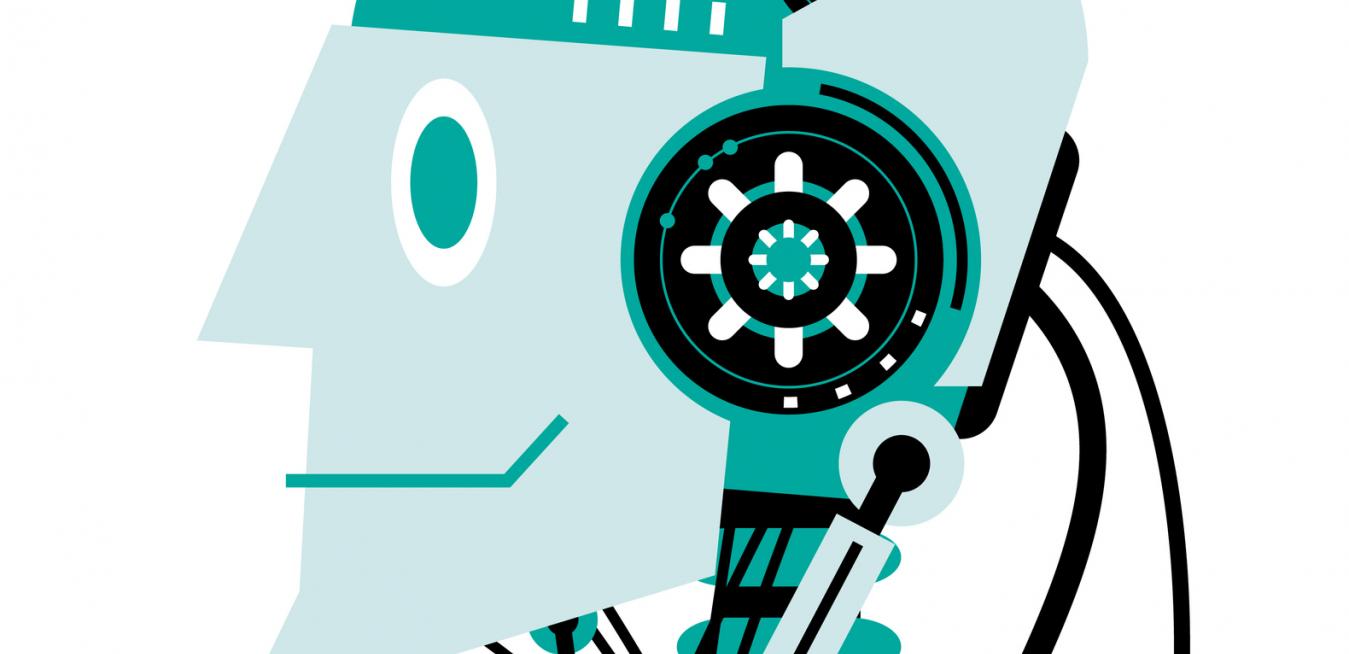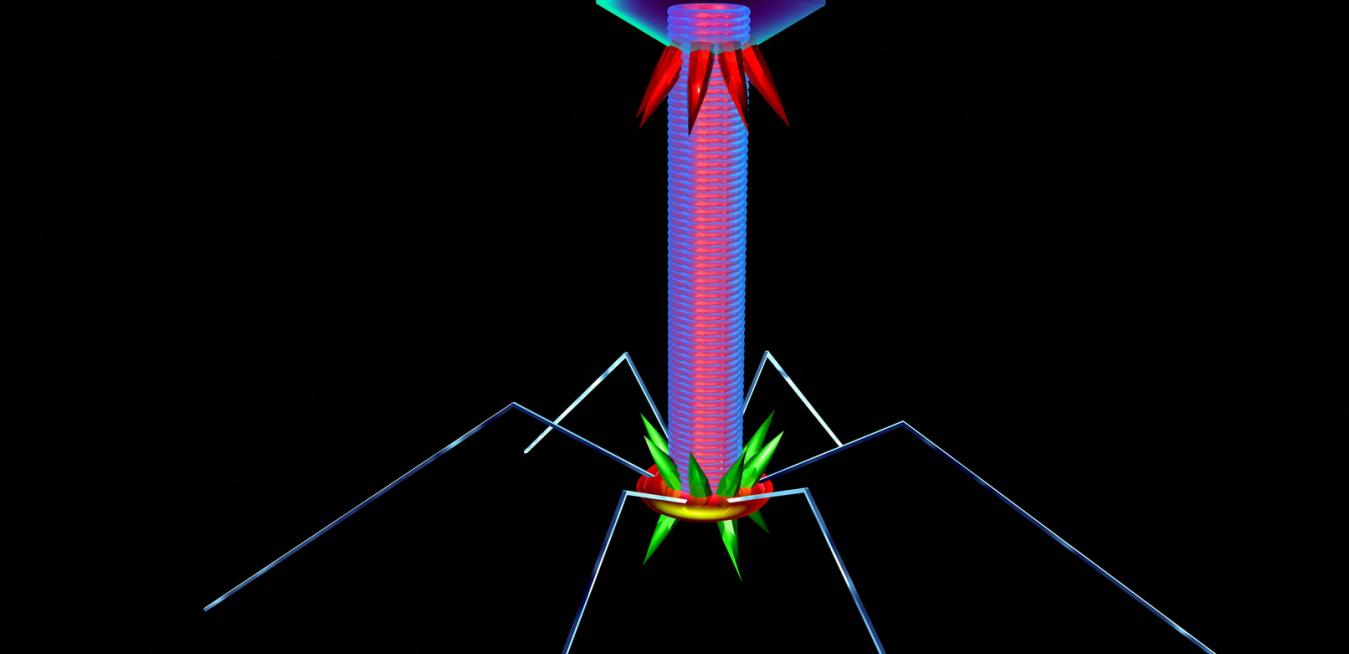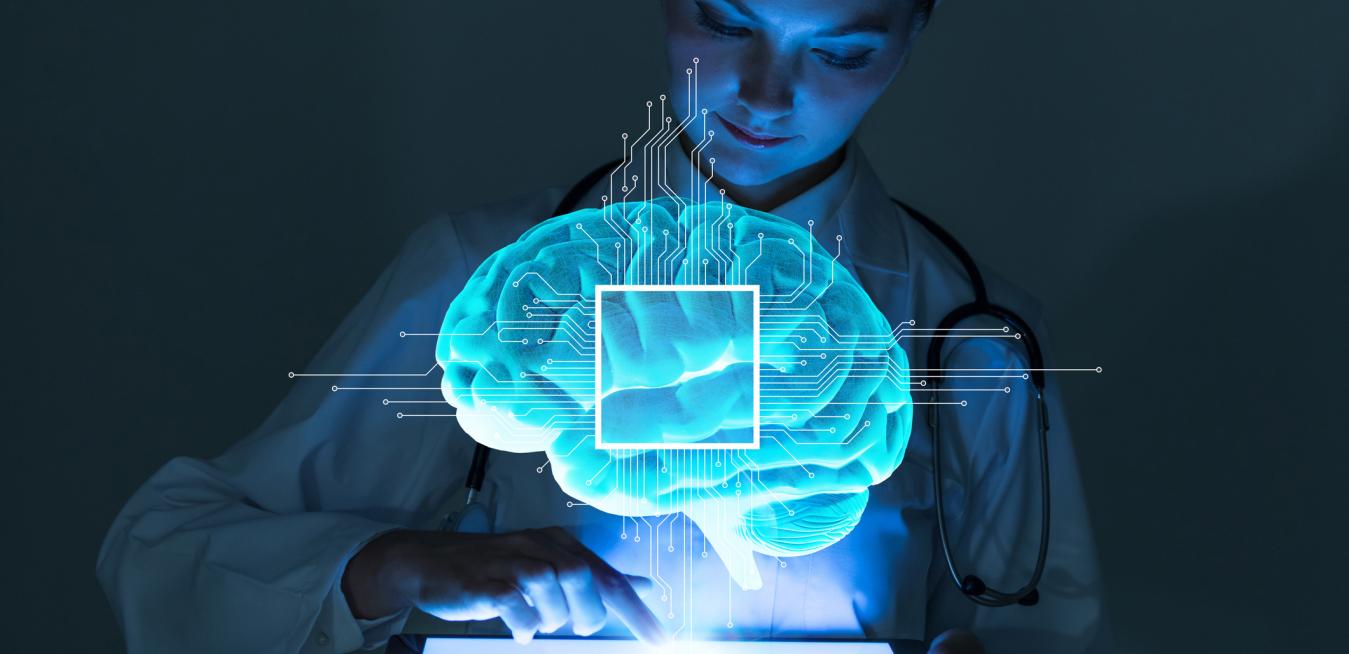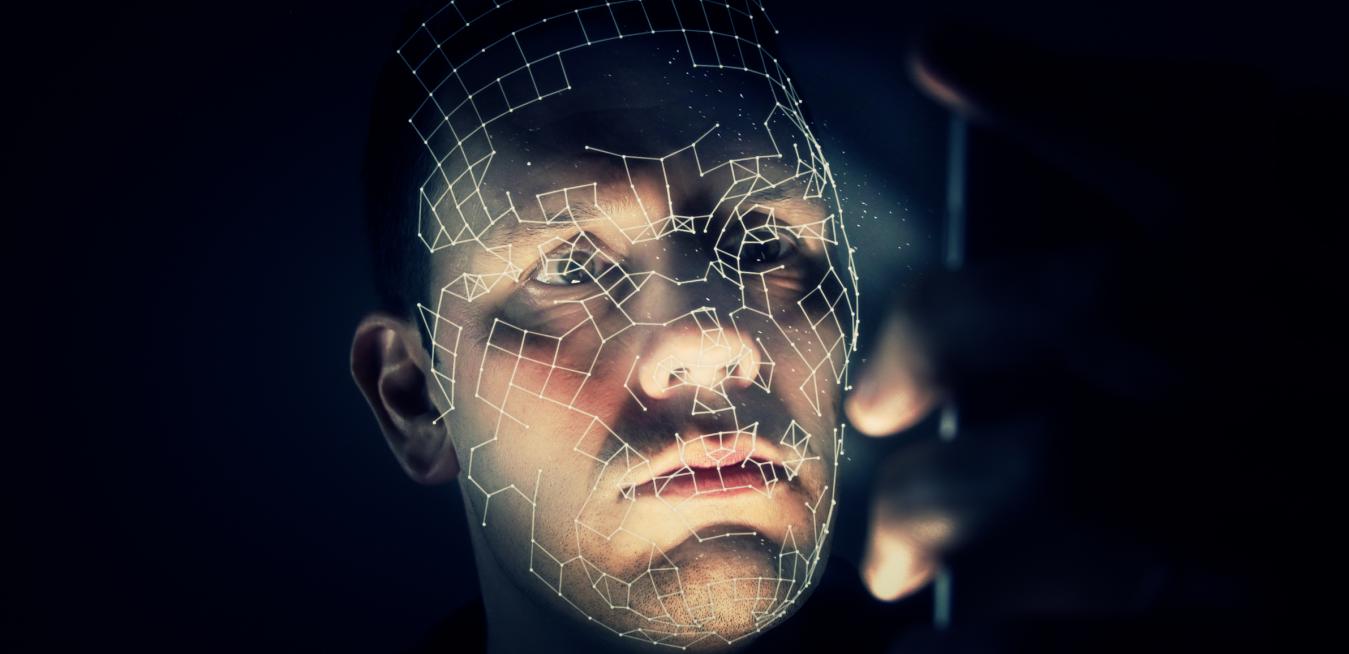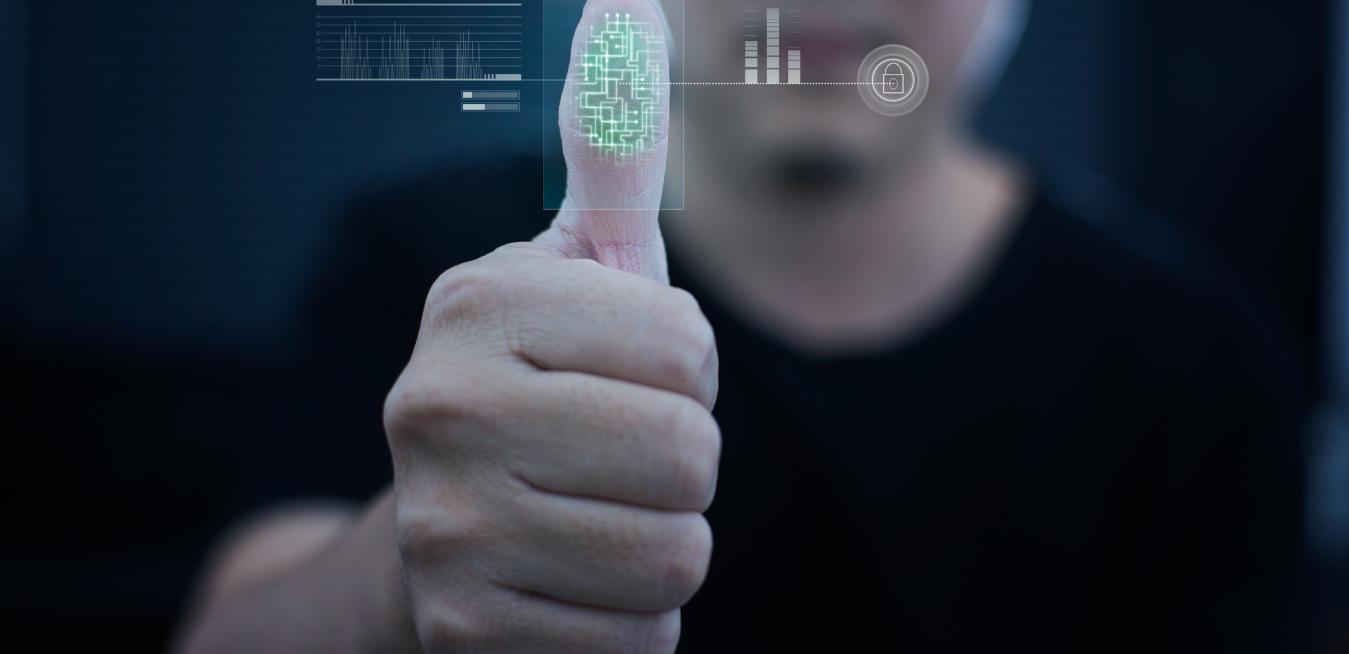Gut bacteria that increase the performance of elite athletes, color-changing scorpion venom that’s also toxic to drug-resistant infection, beer labels that appear three-dimensional but are printed with regular ink on a regular printer — it’s a veritable grab bag of wonders in our latest roundup of the coolest discoveries in science and tech. Considered yourself forewarned, though: This week’s installment does include the phrase “hair farm.”
AI-trained robots are learning to read their surroundings based on just a few visual cues, and they’re becoming better drivers too; elsewhere, smart machines on the factory floor are working in “swarms” to increase quality and efficiency. It’s a bot’s life in this week’s 5 Coolest Things, which also include advances in electro-textiles and a fascinating insight into evolutionary biology.
Microscopic viruses could be ammunition in the fight against antibiotics resistance, a new technique could solve a shortage of lungs for transplants, and an effective, low-cost method of desalination could make industrial waste less toxic. Things are really looking up in this week’s coolest scientific discoveries.
Whenever Dr. Ralf Menkhaus prepares to administer future parents their first fetal ultrasound, he knows the pressure is on: Equal parts thrilled and anxious, expectant parents are desperate to catch a glimpse of their unborn child. Yet, as a fetal medicine specialist, Menkhaus’ top priority is capturing crucial information about the health of the fetus. He’s looking for evidence, for instance, of conditions like spina bifida, a neural tube defect that affects the spinal cord.
Doctors learn about the positive effects of an electrical current, algorithms make plants tastier and more nutritious, and researchers get a good look at the functioning of the immune system. Plus: Computers are writing cogent summaries of the latest scientific research, rendering things a little uneasy around the GE Reports offices. For now, though, here’s this week’s coolest things.
Could Coal Get The Benjamin Button Treatment?
https://www.youtube.com/watch?v=03gWgCN61F0
Tiny robots will repair Britain's sewer system, an algorithm helps digital cameras see around corners and a controversial gene therapy technique could change the game for infertile people. All that and more in this week's coolest scientific advances.
Star Child
As artificial intelligence technology becomes ever more advanced, bots are walking a fine line: This week brings news of AI helping wheelchair users control their movements with simple facial gestures, on the one hand — but the possibility of robots hallucinating, on the other, to less than positive results. Meanwhile, the president of Microsoft is calling for stricter regulation of AI involved in facial recognition. If it’s nuance you seek, you’ll find plenty of ifs, ands and bots in this installment of 5 Coolest Things.






